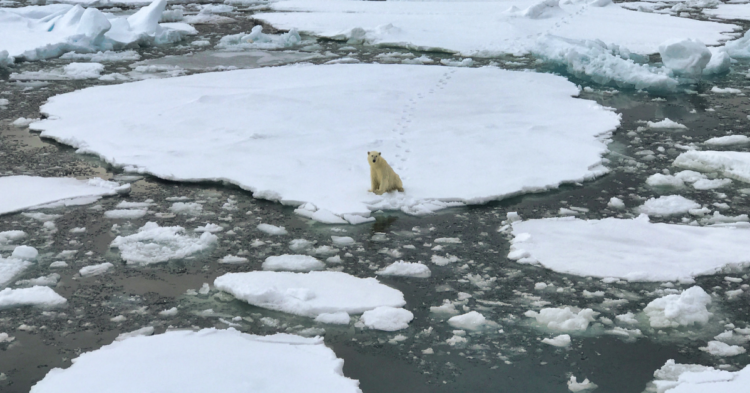What’s the greatest threat facing our planet today? While politicians bicker about stuff like taxes and immigration, there’s a looming threat — climate change — that isn’t receiving the attention it deserves. Fortunately, that’s starting to change.
We’re in the midst of a climate emergency.

Whether anyone wants to officially declare it or not, it’s absolutely an emergency. In the past, these concerns were pushed into the background. But in 2019, time is of the essence.
We’re nearly at the point of no return.

Last year, the United Nations announced that we have just 12 years to make the significant changes necessary to avoid a global catastrophe. Since that report was released last year, we now have just 11 years.
“But climate change has happened in the past…”

Yes, our planet has gone through all sorts of changes through the eons. But big climate changes tend to result in mass extinction events. There’s also the fact that this disaster has been caused by humans.
How do we react?

Big corporate interests control much of the world’s wealth and contribute significantly to global warming and pollution. But we can’t count on them to enact costly changes out of the goodness of their hearts.
Sometimes, out-of-the-box thinking is necessary.

That was the thinking behind a move by residents of Toledo, Ohio. Sick of seeing the effects of decades of pollution on Lake Erie, they called for the lake to be granted legal rights — and they were successful.
In the United Kingdom, things are changing.

Members of the U.K. parliament, led by Labour leader Jeremy Corbyn, passed a motion that makes their government the first in the world to officially declare a climate emergency.
What will it affect?

It’s really just a symbolic motion meant to bring attention to the rising threat of climate change. Corbyn said he hopes the motion will “set off a wave of action from parliaments and governments around the globe.”
They took a shot at Trump.

“We pledge to work as closely as possible with countries that are serious about ending the climate catastrophe, and make clear to U.S. president Donald Trump that he cannot ignore international agreements and action on the climate crisis,” said Corbyn.
There’s some support on the other side.

Environment Michael Gove, who isn’t a member of the Labour Party, acknowledged that it’s a crisis, pointing out that five of the warmest years on planet Earth have happened since 2010.
It was spurred by protests.

The Extinction Rebellion is a movement designed to bring attention to the risk of human extinction. Widespread protests in recent years have brought these issues to the forefront.
What are the next steps in the UK?

Gove promised the government will ‘shortly’ introduce legislation to follow up on Corbyn’s declaration. It remains to be seen if the government’s plans are drastic and substantial, or just paying lip service to the issue.
It’ll take big changes.

From individuals to large corporations, humanity often takes the path of least resistance. This can exchange convenience in the short term for bigger problems further down the road.
We’ll see what happens.

The U.K. government appears to be the first in the world to make such an impactful declaration. But acknowledging the problem and acting on it are two entirely different things.
What do you think?

When we have limited time to make changes, where do we even begin? How can individuals affect positive change, and how can they encourage governments to do likewise?
Let us know your thoughts in the comments.

















































